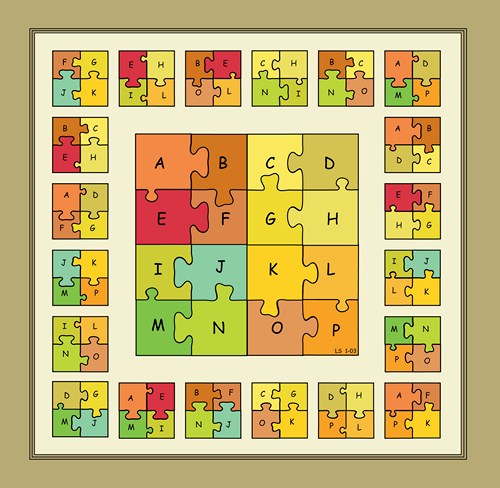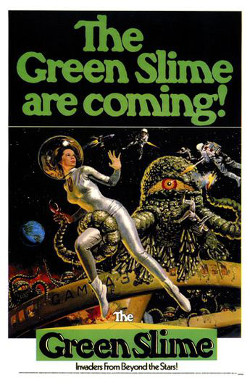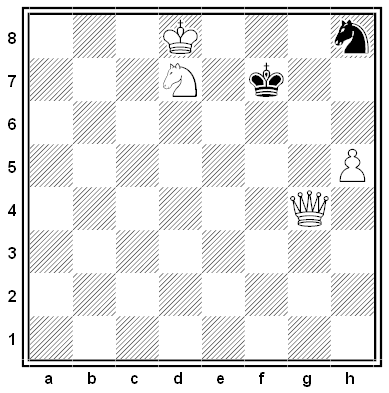“The greatest deception men suffer is from their own opinions.” — Leonardo
“Convictions are more dangerous enemies of truth than lies.” — Nietzsche
“Opinions have caused more ills than the plague or earthquakes on this little globe of ours.” — Voltaire
“The most difficult subjects can be explained to the most slow-witted man if he has not formed any idea of them already; but the simplest thing cannot be made clear to the most intelligent man if he is firmly persuaded that he knows already, without a shadow of doubt, what is laid before him.” — Tolstoy
“Nothing is so firmly believed as that which we least know.” — Montaigne
“Opinions are made to be changed, or how is truth to be got at?” — Lord Byron
“Nothing is more conducive to peace of mind than not having any opinions at all.” — G.C. Lichtenberg








